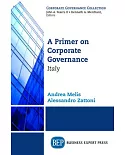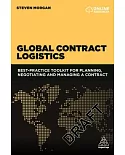Interest in learning how to make the most of the potential developmental benefits of remittance flows has grown worldwide, but few attempts have been made to summarize existing knowledge in a
way that is easy to digest. Financing the Family adds to that body of knowledge with a summary of recent research that emphasizes experimental approaches, focuses on Central America, and
analyzes the impact of the recent financial crisis. It finds that while remittances generate many benefits for both migrants and their families back home, the long-term effects of migration
on social cohesion and child welfare demands further study. The book also explores how to enhance the development impact of remittances through innovative financial instruments that give
migrants greater control over the money they send home. Finally, the book exposes the vulnerability of Central American countries to a weaker U.S. economy. It demonstrates how focusing on the
sectors and states where migrants are concentrated can allow for better policy responses in the face of economic downturns.





















